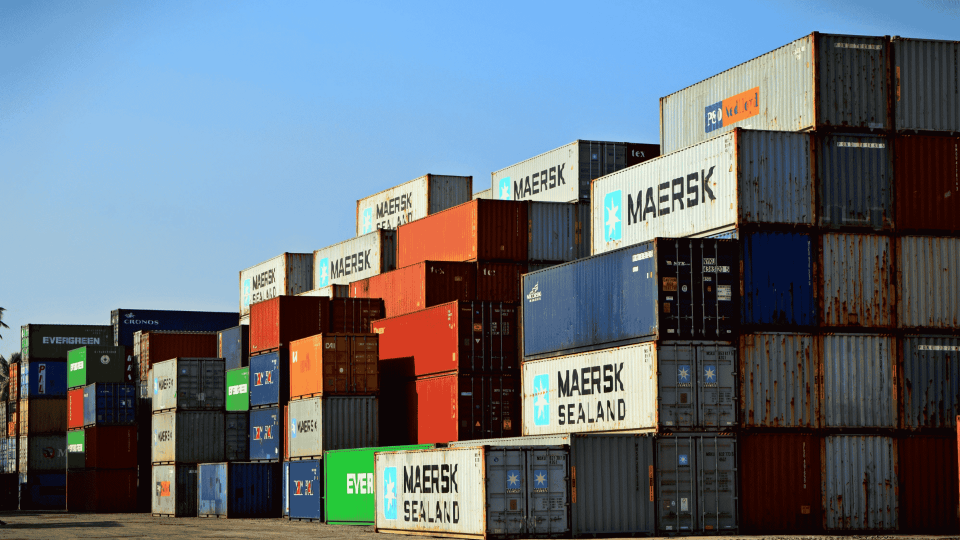The recent World Trade Organization (WTO) Youth Trade Summit on Gender provided a unique platform for the current and next generation of industry experts, researchers, and global stakeholders to delve into the challenges and opportunities surrounding gender equality in international trade and investment. As one of the selected attendees, FDI Center’s “Towards gender equality in FDI” initiative builder and consultant, Laura Figón had the opportunity to gain valuable insights on the intersection of gender, trade, and investment. This piece will recount her key takeaways from the summit and discuss how IPAs can leverage gender equality to attract better investment and enhance their position in the international market.
Feminist foreign policies and international investment agreements
The adoption of feminist foreign policies by an increasing number of countries has had an influence on the negotiation of international trade and investment agreements. IPAs can align with this trend by advocating for gender-sensitive clauses in various agreements that concern investment. For example, Chile’s inclusion of a gender chapter in its free trade agreement with Uruguay, where the two states agreed to create a gender committee to discuss and exchange best practices to implement the agreement with a gender lens. A second example is the United States–Mexico–Canada Agreement (USMCA), where foreign investors are encouraged to uphold gender equality as a standard of corporate social responsibility. IPAs can leverage these agreements to attract socially responsible investors, promote gender equality and enhance the quality of the investment coming into their region.
Empowering women entrepreneurs in international trade
Women make up a large part of the workforce in businesses that trade internationally, but they lead only 15% of these firms. This statistic raises concerns about the competitiveness of these firms in the global market. IPAs, with both investment and trade mandates, can play a pivotal role in addressing this imbalance by creating tailored programs or working with multipliers who run these programs to support women entrepreneurs. The successful entrepreneurship programs such as “Argentinas al Mundo” (Argentine Women Go Global) by the Argentine Investment and International Trade Promotion Agency (AAICI) or “Ella Exporta a África” (She exports to Africa) by ProColombia are just a couple of examples of how IPAs can contribute towards a more inclusive and dynamic international trade landscape.
Navigating the impact of artificial intelligence
As revealed in the summit, artificial intelligence is not only transforming industries but also creating a new gender gap, as women are less likely to use this technology. This widens the gender gap in STEM education and skills, which pushes women to less productive sectors. However, the digital business landscape offers opportunities for women entrepreneurs and workers, as it requires less capital and is more flexible. IPAs can contribute to closing this gap by addressing the skills mismatch through targeted capacity building programs and initiatives that give women the skills and empowerment they need in areas of the digital economy.
The data gap
A key revelation from the summit was the insufficient data available on the intersection of gender equality and trade, with an even greater gap in gender equality and foreign direct investment. While the WTO’s Gender Research Hub is actively working to bridge this data deficit, it presents a notable opportunity for IPAs to contribute to the field. Either on their own or by collaborating with research institutions and local universities, IPAs can contribute to research and data collection on foreign investors contributions to gender equality. The results from this data will help IPAs as well as other organizations understand the activities of foreign companies better as well as help them to identify areas for improvement.
The growing importance of gender issues within investment and trade
The WTO Youth Trade Summit on Gender was the first of its kind to bring together young investment and trade professionals to engage with some of the most prominent senior officials and researchers on the topic. It served as a bridge between the first and second edition of the World Trade Congress on Gender, which took place in 2022. These relatively new events demonstrate the growing relevance of gender issues within foreign direct investment and trade, especially as the next generation enters the field. By embracing the insights from the summit and incorporating gender-focused initiatives into their work, IPAs can not only attract higher quality investment and strengthen trade but also contribute to meaningful social and economic development as outlined in the Sustainable Development Goals (SDGs).





